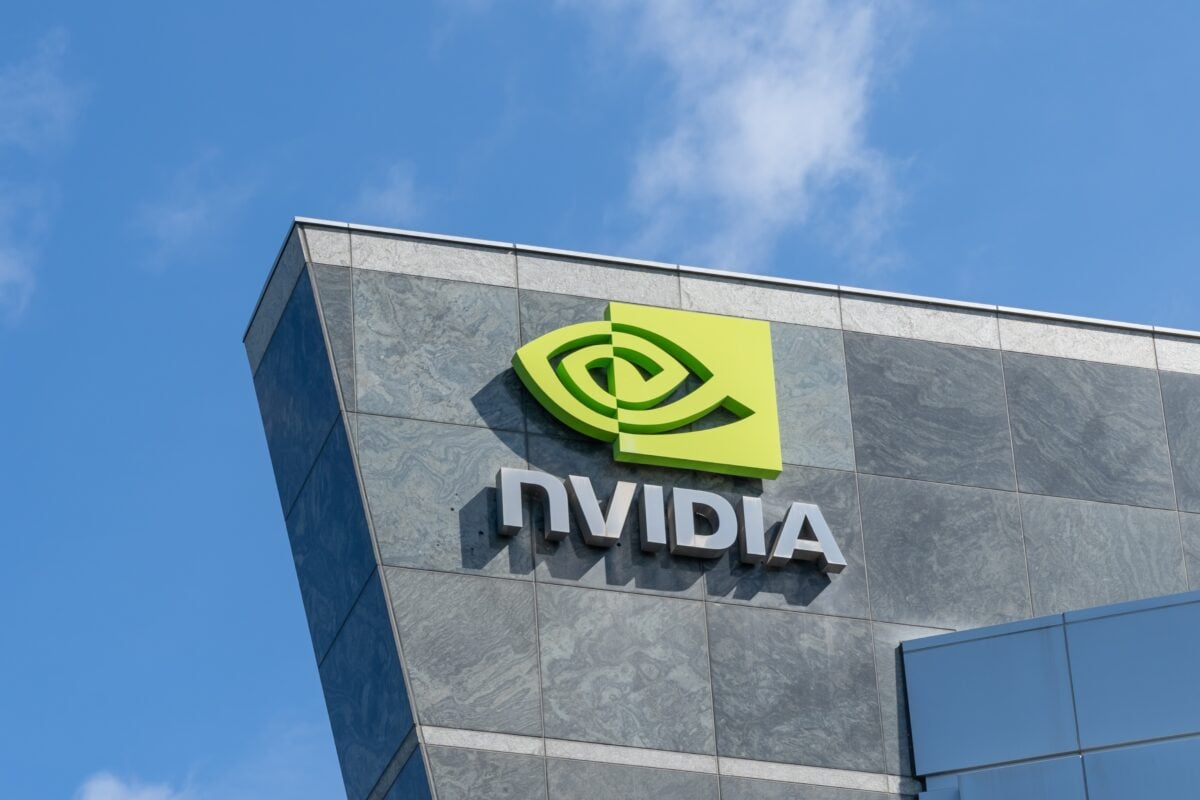TLDRs;
Contents
- US lawmakers have warned Nvidia CEO Jensen Huang against meeting Chinese companies linked to the military.
- Senators say Nvidia’s AI chips could inadvertently support China’s military ambitions.
- Huang’s upcoming China trip and Nvidia’s Shanghai R&D center are under scrutiny.
- The row underscores rising tensions at the intersection of tech commerce and national security.
Washington’s growing unease over Nvidia’s expanding presence in China has come to a head following a sharp rebuke from two senior US lawmakers.
Senators Elizabeth Warren and Jim Banks have written to Nvidia CEO Jensen Huang, urging him to avoid meetings with any Chinese entities linked to the People’s Republic of China’s military or intelligence agencies. The warning comes just as Huang prepares for another trip to China and as Nvidia advances its research and development operations in Shanghai.
Their concerns center on the possibility that Nvidia’s powerful GPU hardware, foundational to AI development, could be leveraged by Chinese firms in support of military or surveillance objectives.
The senators specifically cited companies like DeepSeek, which has been accused of illegally acquiring sensitive technologies. They pointed to existing export restrictions, warning that even unintentional engagements could undermine US efforts to control the spread of critical technology.
Bipartisan Scrutiny Over Strategic Tech Exports Intensifies
At the heart of this controversy lies a growing fear that strategic AI components may be slipping into the hands of actors unfriendly to US interests. Huang’s previous engagements in China and Nvidia’s established partnerships with firms such as Alibaba’s AliCloud have added to the anxiety.
These business ties, while commercially justifiable, now face bipartisan skepticism in Washington, where policymakers are increasingly drawing a direct line between economic decisions and national security outcomes.
Nvidia’s decision to open a major R&D facility in Shanghai further complicates matters. While the company has not been accused of violating any regulations, critics argue that such investments indirectly legitimize entities operating in gray areas of export control laws.
Commercial Realities Meet Geopolitical Pressure
The stakes for Nvidia are high. China accounts for roughly a third of the company’s revenue, making it a vital market that is difficult to walk away from. Yet Washington’s message is clear, engagement with entities tied to the Chinese military, regardless of potential profits, risks endangering US strategic interests.
This balancing act between economic imperative and regulatory caution is not unique to Nvidia. It reflects a broader dilemma faced by many US tech companies navigating an increasingly fragmented global landscape.
In response to mounting export restrictions, China has accelerated efforts to bolster domestic semiconductor capabilities. Though US controls have hampered access to high-end chips, Chinese firms continue to make headway in AI research.
AI Chips at the Heart of Global Power Struggles
The semiconductor industry, once a domain of pure innovation, has now become a critical front in a wider geopolitical rivalry. As both nations vie for dominance in advanced computing, every corporate move is being scrutinized for strategic significance. Legal measures such as China’s Anti-Foreign Sanctions Law have only deepened the compliance challenges for US firms, further blurring the line between business and diplomacy.
With Jensen Huang’s next visit to China looming, the debate over Nvidia’s role in this high-stakes tech chessboard shows no sign of cooling down. Whether Nvidia can navigate these turbulent waters without drawing further political heat remains to be seen, but Washington has made its position unmistakably clear.


